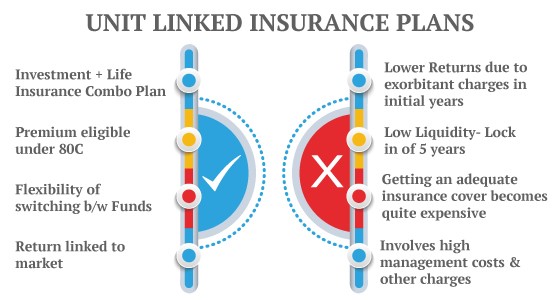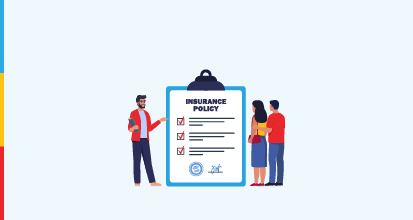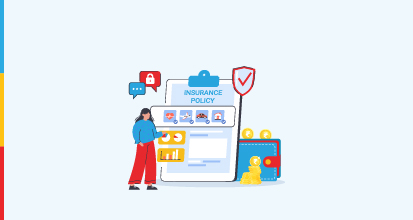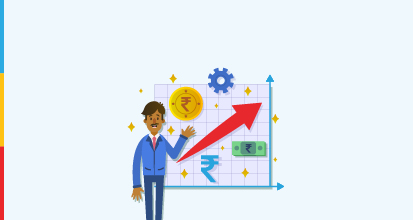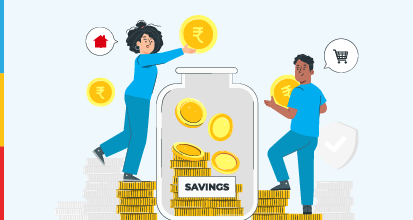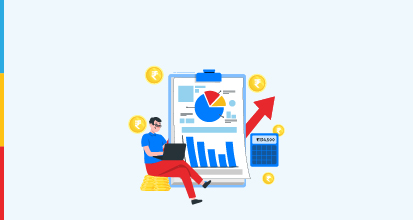- Recurring Deposit (RD): A savings scheme where you deposit a fixed amount every month for a predetermined period to earn interest.
- Maturity Value: The total amount you receive at the end of the RD tenure. It includes principal and interest.
- Lock-In period: The initial period of a scheme in which withdrawals are restricted or not permitted.
- Overdraft Facility: Using RD as collateral to withdraw more money than available in a bank account.
- Compounded interest: This is calculated on the initial principal and also on the accumulated interest from previous periods.
2024-08-02
883 Views
7 minutes read
Share





